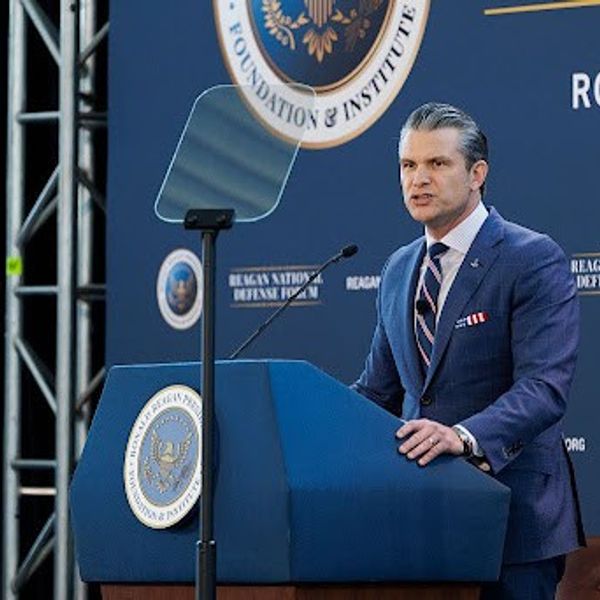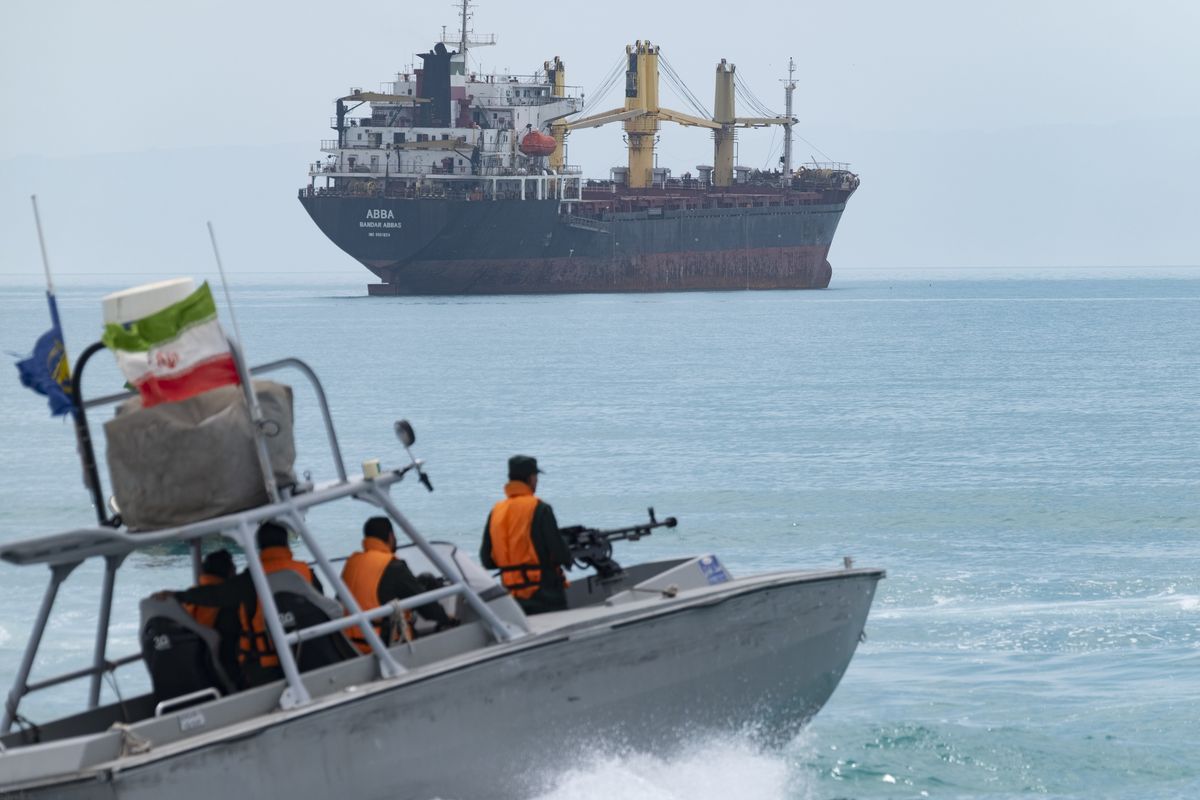The American vice president delivered another kick in the diplomatic gut to Palestinians, when he announced this week that the U.S. embassy would open in Jerusalem by 2019.
Vice President Mike Pence made the statement to the Israeli Knesset during a visit to the Mideast – an unnecessary provocation likely to rile not only the Palestinians but also America's Arab and European allies.
Like President Donald Trump’s earlier pronouncements recognizing Jerusalem as the capital of Israel and declaring his intention to move the U.S. embassy there, Pence’s declaration places Egypt’s strongman, Abdel-Fattah el-Sissi, and Jordan’s King Abdullah II in a very delicate and difficult position vis-à-vis their people and other Arabs and Muslims.
Both leaders had counseled Pence during his recent visit against making such precipitous moves regarding Jerusalem and the embassy. They made it clear to him that the status of Jerusalem should be determined at the negotiating table in the final status talks, not through tweets and off-the-cuff presidential announcements. Both Arab leaders consider East Jerusalem as the capital of the future state of Palestine. Pence should have been aware of the fact that more than half of the population of Jordan is of Palestinian origin.
The Trump administration is underestimating the looming domestic threats to the Jordanian monarch that such rhetoric can cause. Pence’s announcement will likely galvanize and coalesce the domestic opposition to King Abdullah.
In Egypt, Islamist activists – extremists and mainstream alike – will also mobilize in their opposition to Sissi. It’s clear by now that neither Trump nor Pence have a clue about the political and social dynamics in the region and the emotional hold that Jerusalem has on many Muslims and Arabs.
Pence’s trip also solidified for Palestinians the view that the Trump administration could not serve as a legitimate peace broker, certainly not from the perspective of Palestinian Authority President Mahmoud Abbas. The Palestinian leader and Pence were actually in Jordan at the same time, but Abbas refused to meet with him.
The uncomfortable reality for Abbas, however, is that the U.S. remains a central player in any future peace talks between Israel and the Palestinians, as has been the case since 1967. Although Abbas has been justifiably angry at Washington's unilateral announcements on Jerusalem, and although he has received the support of the European Union and many other countries, in the final analysis, he will have to pivot back to the U.S. for any possible deal to work.
As such, the Palestinian leadership in Ramallah and in the diaspora, including Hamas in the Gaza Strip, should start a new and realistic conversation among themselves about what kind of political future for their imagined state they can realistically attain over the next five to 10 years. Once they arrive at such a formula, they must initiate high-level discussions with Israel – at first clandestinely and through quiet mediation, much as they did on the eve of the 1993 Oslo Accords.
Of course, they could still wait out the Trump administration with the hope that Trump and his hard-right, pro-Israel advisers would have only three years to go.
As for Pence, his visit to the Middle East produced nothing substantive, other than giving him the opportunity to escape the government shutdown in Washington. His trip to Egypt and Jordan accomplished very little, beyond proving that those leaders would now meet with him, when they initially declined, in the days just after Trump’s Jerusalem announcement.
Pence may as well have reached out via Skype to reassure the Israelis about Trump's commitment to Israel, instead of traveling thousands of miles at a cost to the American taxpayer of hundreds of thousands of dollars.
Nor was he even able to sell our values to his hosts, especially as he failed to raise publicly the issue of repression and serial violations of human rights in Arab countries, particularly as practiced by America’s closest Arab allies. He did ask Sissi about the two American citizens who've been held in Egypt for nearly five years – but came home empty-handed.














